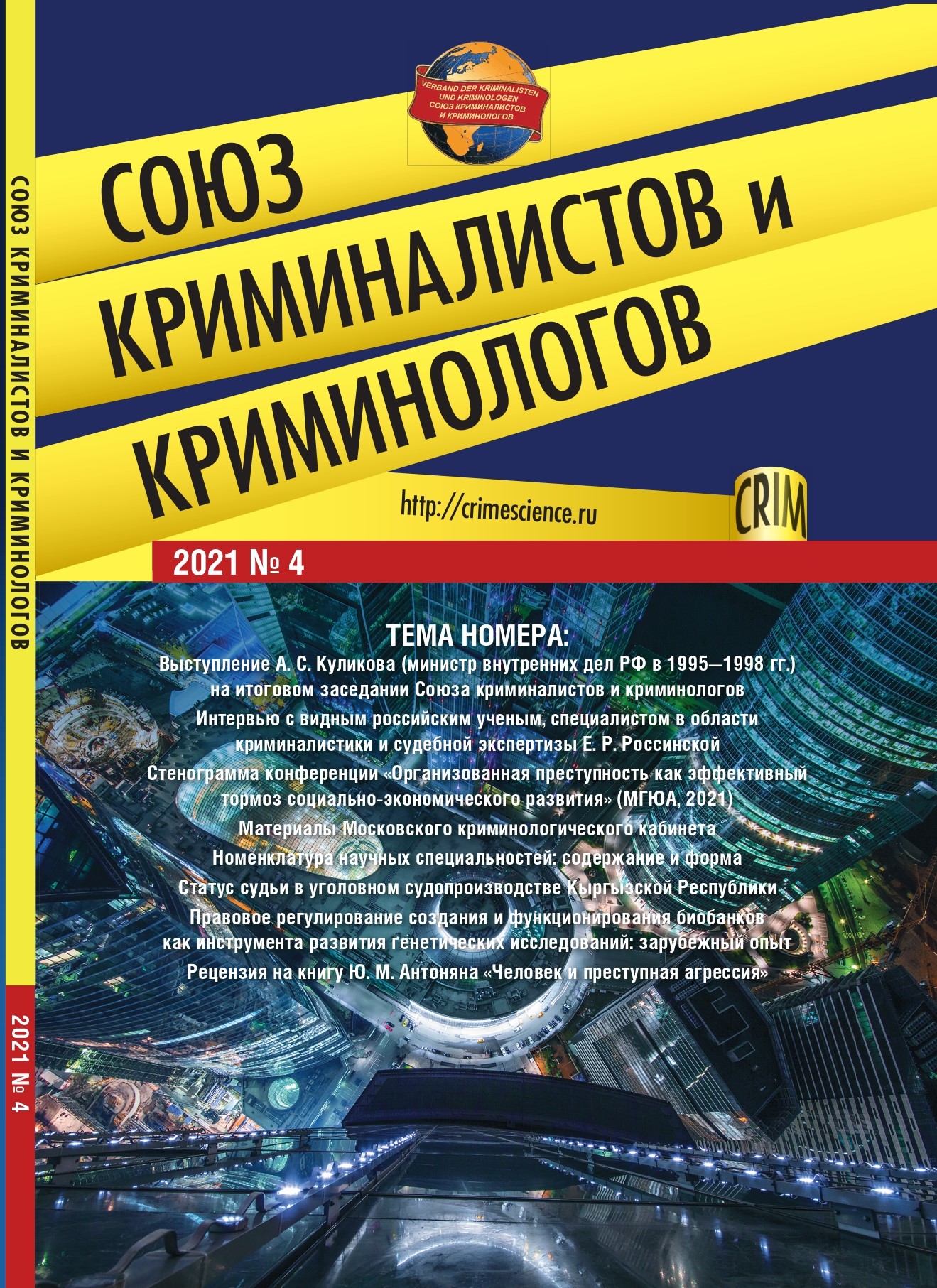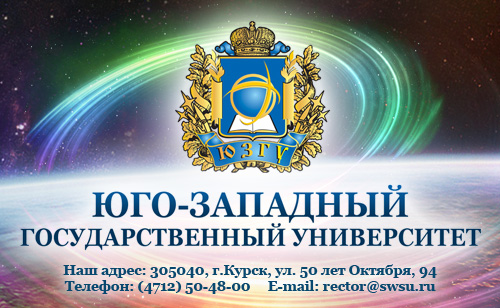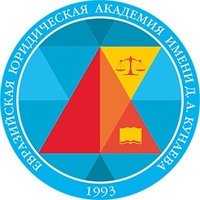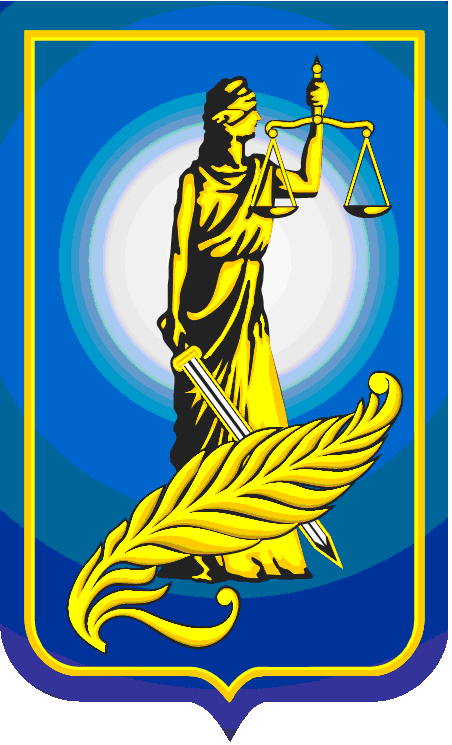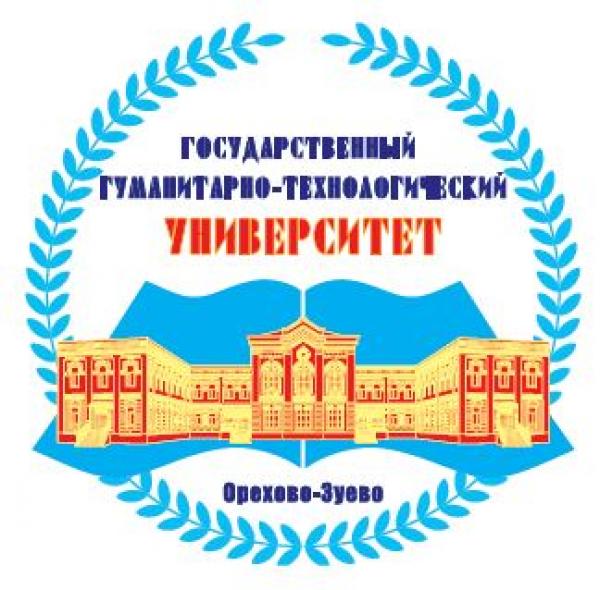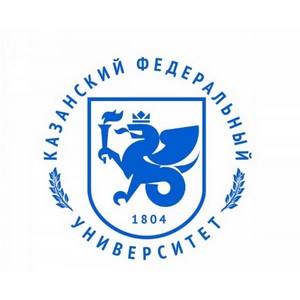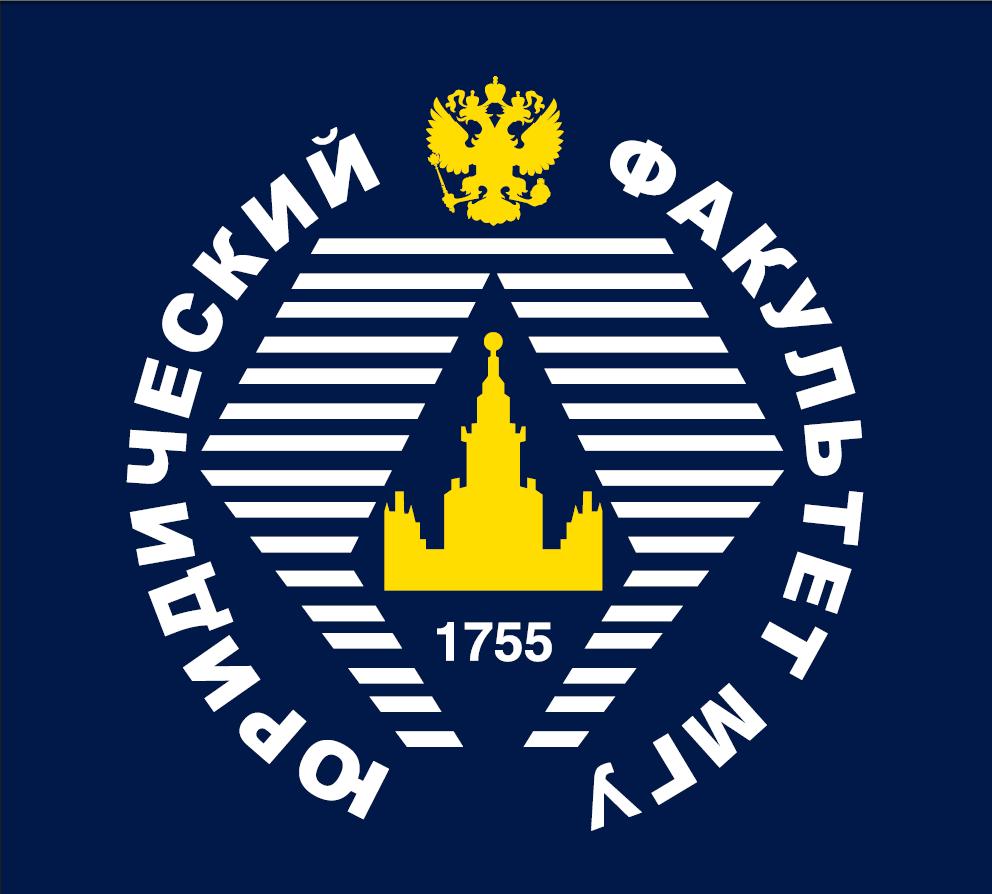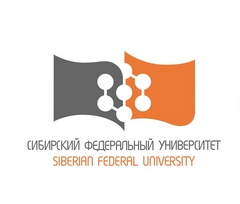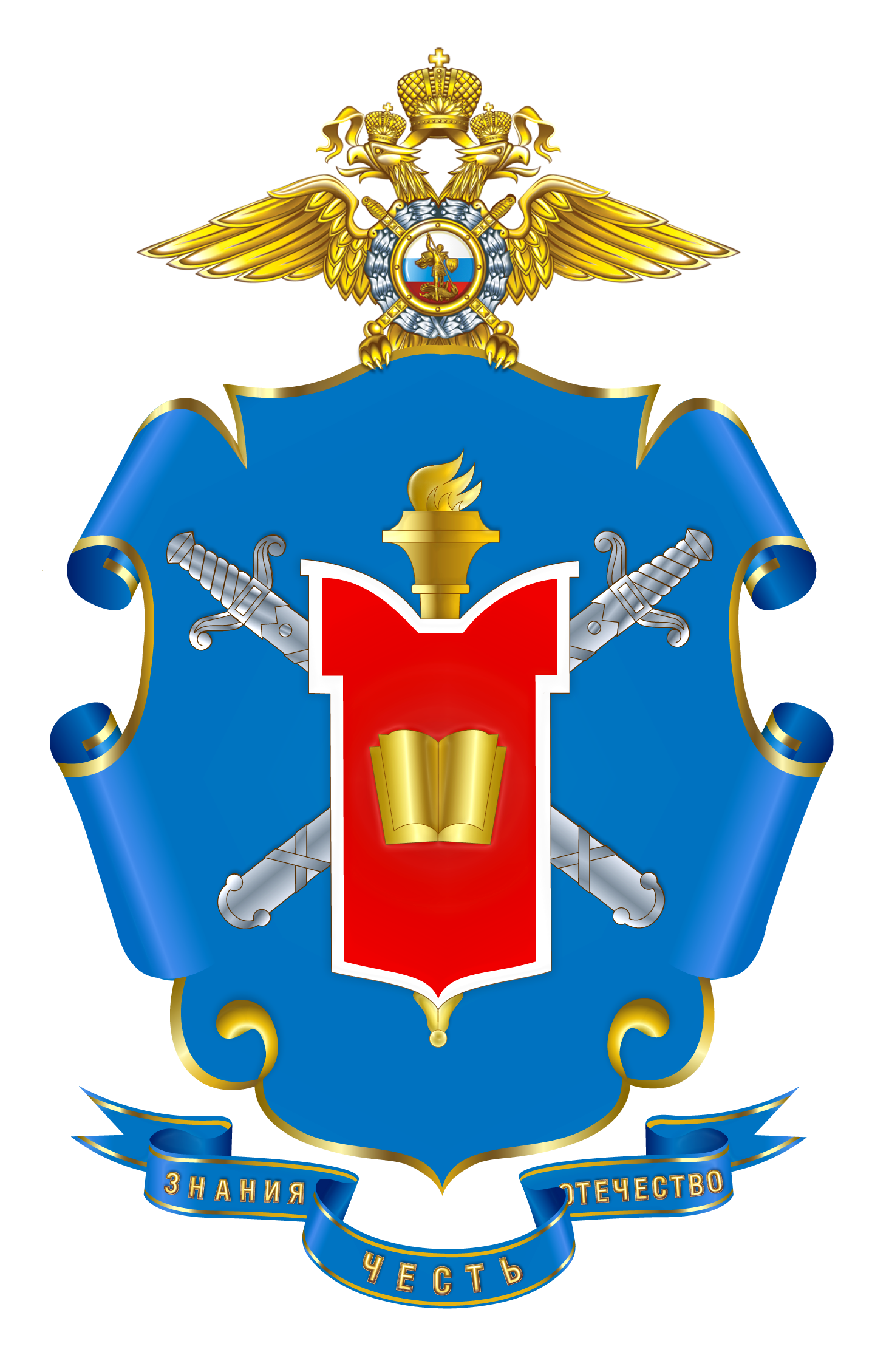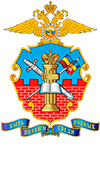On 22 June 1633, the trial of 68-year-old Galileo Galilei ended in Rome. The accusation against the Florentine astronomer was made in connection with the publication in 1632 of his work ‘Dialogue concerning the two chief world systems,’ in which Copernicus’ theory of the motion of the Earth around the Sun was set forth. The Jesuits spread a rumour that in one of the characters in the work, a certain Simplicio, who defended the Ptolemaic idea of the geocentric structure of the Universe, Galileo ridiculed Pope Urban VIII himself.
At the request of the church authorities, Galileo arrived in Rome at the beginning of 1633.
After a three-week ‘house arrest’ in the palace of the Inquisition and several interrogations (the last one, for greater intimidation, was conducted in the torture hall), the astronomer completely renounced the ‘heretical’ teaching. He even expressed his readiness to supplement the ‘Dialogue’ with two chapters in which the heliocentric doctrine would be refuted. To this, Galileo was told that it would be easier and more reliable to destroy the entire circulation at the stake, with which the author (who had already managed to sell several copies by that time); he also willingly agreed.
During the interrogation on 21 June, Galileo was found to have ‘withstood the threat of torture,’ which spared him from execution as an incorrigible heretic. On 22 June, the convict made a public confession on his knees in the church of the monastery of St. Mary in Rome. The words attributed to him by the legend: ‘And yet it turns!’ – Galileo never actually uttered.
http://www.calend.ru/
President of the Union of Criminalists and Criminologists
Igor M. Matskevich
Translated by Elizaveta O. Ovchinnikova





